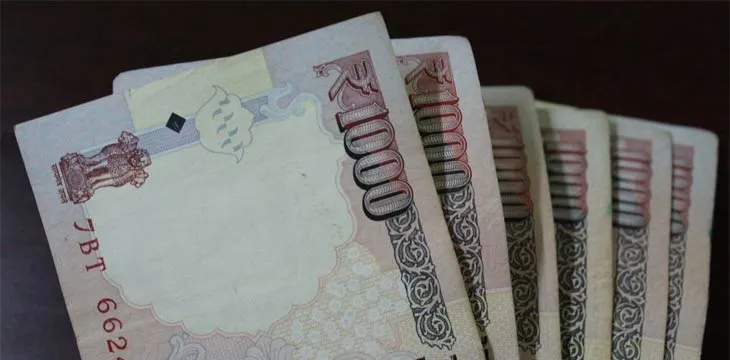|
Getting your Trinity Audio player ready...
|
While India’s government still wraps its head around cryptocurrencies and blockchain technology, many companies aren’t willing to wait around for the final decision. They were working to innovate and bring new life to the country, and one of these is the Indian crypto exchange CoinDCX. It has announced the launch of a new crypto-lending solution, DCXlend, which will support Bitcoin Core (BTC), Ether (ETH), Ripple (XRP), Binance Coin (BNB) and Tether (USDT).
The new service was introduced via a tweet last week. It is available for Android devices and allows users to earn up to 2% interest on their holdings. According to the exchange’s website, 2% is paid on BTC, 1% on USDT and BNB and 0.75% on XRP and ETH. BTC is given the greatest rate due to the substantial amount of margin trading seen on the platform, asserts its CEO, Sumit Gupta.
Gupta adds, “You can margin trade in 200+ markets with leverage, buy crypto with fiat currencies and, starting soon, even trade in crypto derivatives—all on highly liquid markets! CoinDCX aims to empower investors by providing a single point of access to a complete crypto ecosystem.”
According to CoinDCX’s website, the company now has around 50,000 users and processes about $1 million in average trading volume each day. The company adds that it has “versatile financial instruments and deep order books targeting a variety of trading use-cases.”
Terms of the loans are 7 days, 15 days and 30 days. Interest rates may fluctuate based on market dynamics and “the cryptocurrencies lent through DCXlend will be used to provide leverage to users on DCXmargin.” In total, the company has 120 different lenders.
Gupta further states, “Funds are then lent to the users only when the margin trade is open, with no withdrawal access and hard liquidation with 7.5% maintenance margin.”
India, as is seen in many countries, is finding it difficult to determine how to regulate digital assets, or if it should regulate them. Most recently, possibly out of impatience, the country’s Supreme Court ordered regulatory authorities to create regulations within four weeks. That was precisely a month ago, but there has still been no movement to introduce the regulations, although government officials stated earlier this month that the regulations were in their “final stages.”

 08-09-2025
08-09-2025 





